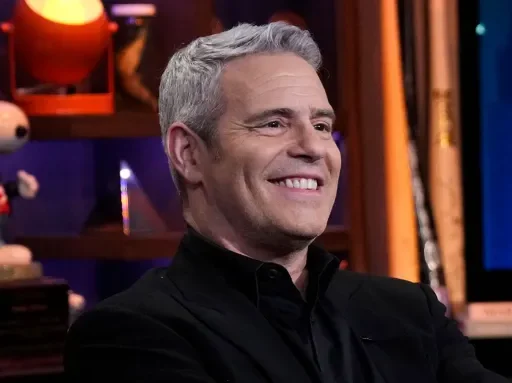
Selma star David Oyelowo is putting Hollywood and The Academy on blast.
During his appearance at the Santa Barbara International Film Festival, he basically told the audience what a lot of Black moviegoers have said for years — Hollywood only awards ‘subservient’ Black roles (i.e., the slaves, the maids, the nannies).
He criticized both the Academy of Motion Picture Arts and Sciences and the film industry as a whole for historically, out of “white guilt,” telling stories about black people only through the eyes of white protagonists, saying, “So you have a very nice white person who holds black people’s hands through their own narrative.”
He explained that due to the box office success of 12 Years a Slave and The Butler, that the narrative is finally starting to change.
“I know for a fact that Selma got greenlit after both of those films made almost $200 million each. I know that because Paramount said to us, ‘Well, that means that Selma will probably make around $98 million, so let’s make it! And God bless them for doing it — I love you Paramount, I love you, I love you. But that’s just the truth of the matter, is that up until now it’s been so hard to get these films made, but now they’re doing well internationally and critically and otherwise.”
His comments came when he was asked about being “the subject of Oscar snub outrage” after not being nominated for his role as Martin Luther King Jr. in the Best Picture-nominated Selma.
via THR:
“Have they come out!” the 38-year-old English actor of Nigerian descent joked at first when the evening’s moderator, Dave Karger, asked, “What is it like to be the subject of Oscar snub outrage? Are you like, ‘Yeah, people get angry that I wasn’t nominated’ or do you want to tell people ‘It’s OK, I’m gonna be all right.’ “
Oyelowo responded, “I’d say to people ‘Calm down; it’s gonna be fine,’ ” quickly adding with a conspiratorial whisper, ” ‘Be angry! Be angry!’ ” Returning to his normal voice, he said, ” ‘It’s OK,’ ” before switching back to his alter ego. ” ‘Tell them they’re a bunch of —’ ” he said before cutting himself off as the audience chuckled.
Turning serious, Oyelowo said, “No, look, historically — this is truly my feeling; I felt this before the situation we’re talking about and I feel it now — generally speaking, we, as black people, have been celebrated more for when we are subservient, when we are not being leaders or kings or being at the center of our own narrative.”
As evidence, Oyelowo argued that “Denzel Washington should have won for playing Malcolm X” and that Sidney Poitier should have won his Oscar for In the Heat of the Night rather than Lilies of the Field. “So this bears out what I’m saying,” the actor continued, “which is we’ve just got to come to the point whereby there isn’t a self-fulfilling prophecy — a notion of who black people are — that feeds into what we are celebrated as, not just in the Academy, but in life generally. We have been slaves, we have been domestic servants, we have been criminals, we have been all of those things. But we have been leaders, we have been kings, we have been those who changed the world.” The audience responded with applause.
Oyelowo continued, “Those films are so hard to get made. People have often said to me, ‘Why has it taken so long?’ I mean, [King] was assassinated almost 50 years ago. There has been no film where Dr. King has been the center of his own narrative until now. That’s because up until 12 Years a Slave and The Butler did so well, both critically and at the box office, films like this were told through the eyes of white protagonists because there is a fear of white guilt.”
He elaborated, “So you have a very nice white person who holds black people’s hands through their own narrative. We don’t want to see that pain again, so you don’t even go into what that pain was in an authentic way. Both of those things are patronizing to the audience. You can’t have people curating culture in this way when we need to see things in order to reform from them.”
Check out David Oyelowo’s remarks below.






Comments are closed.